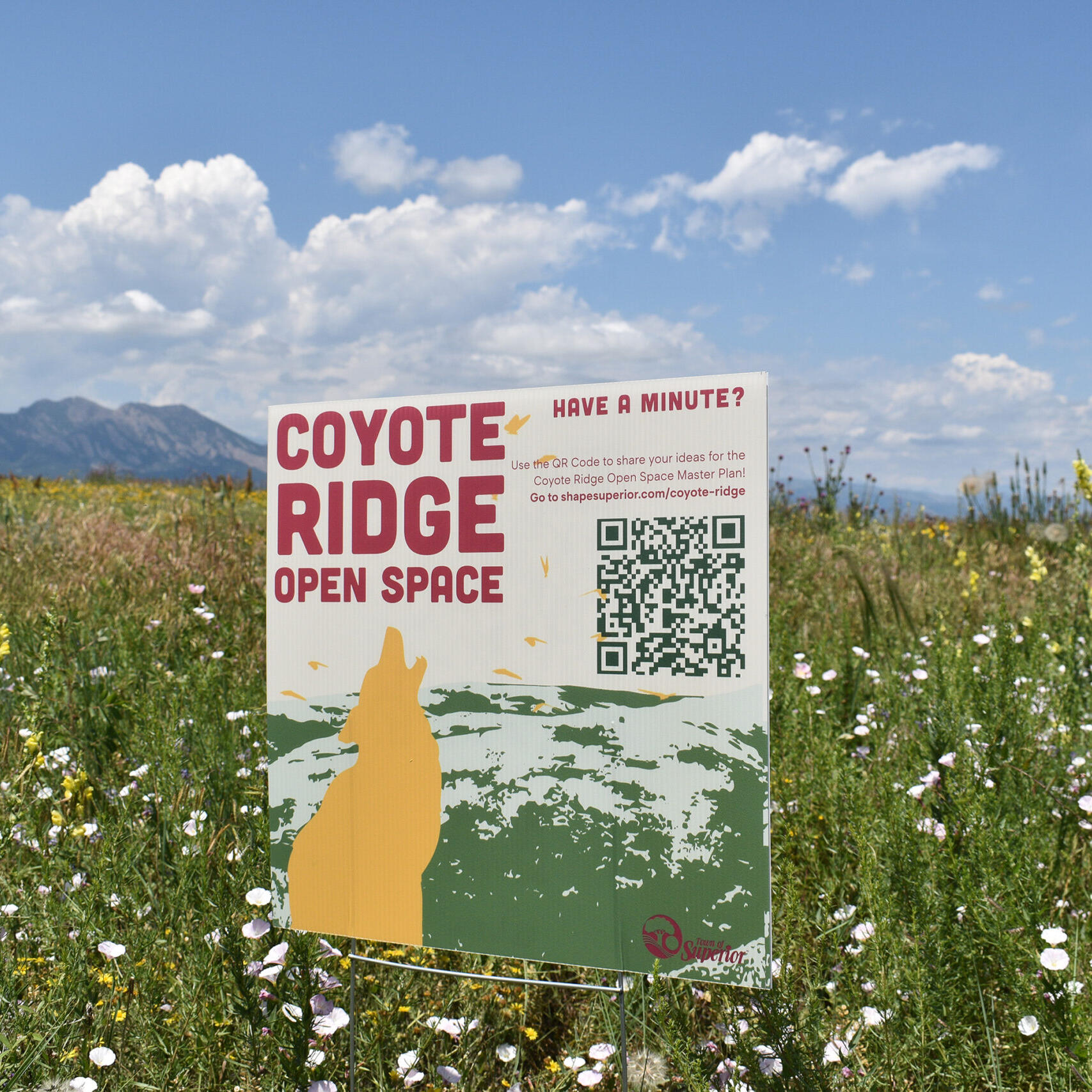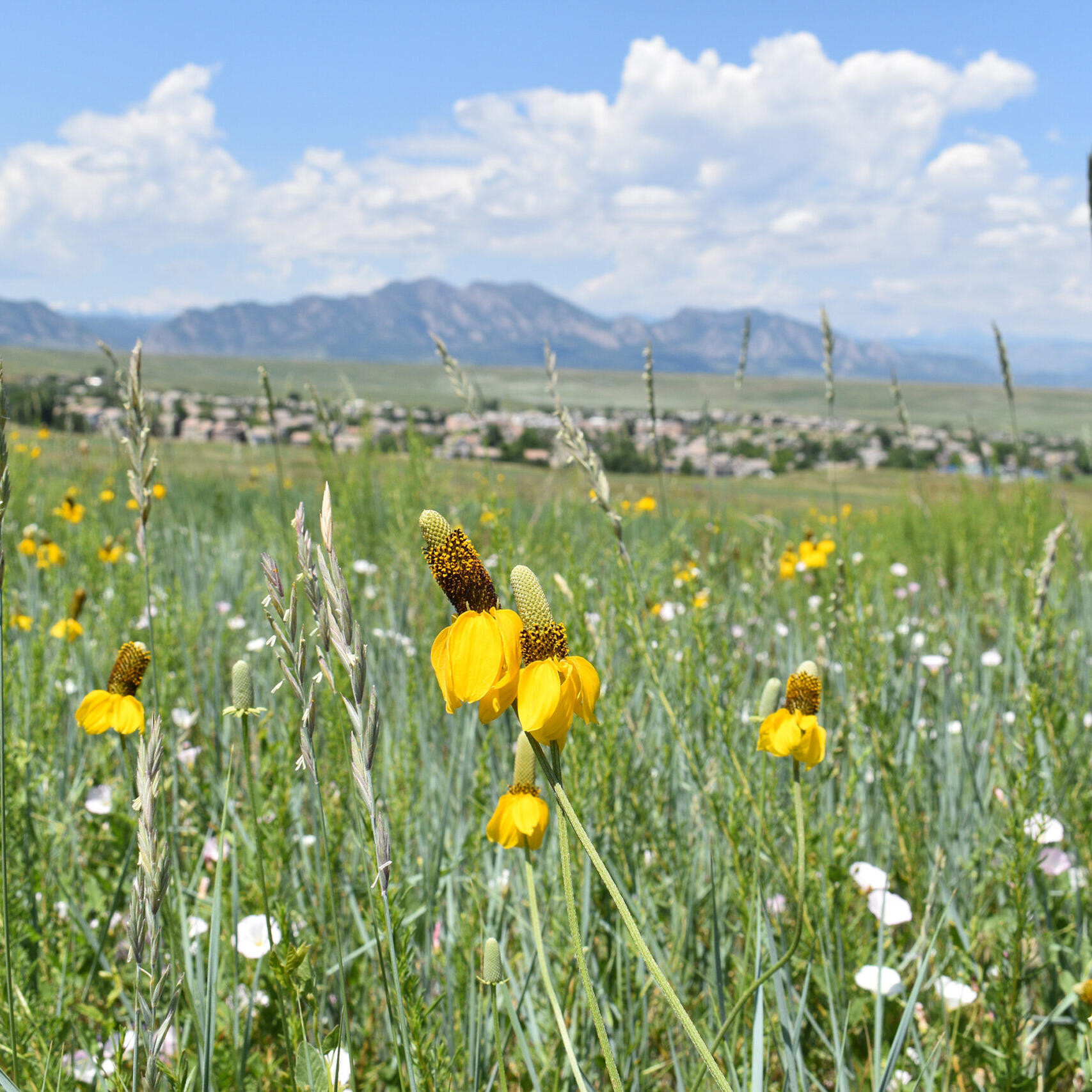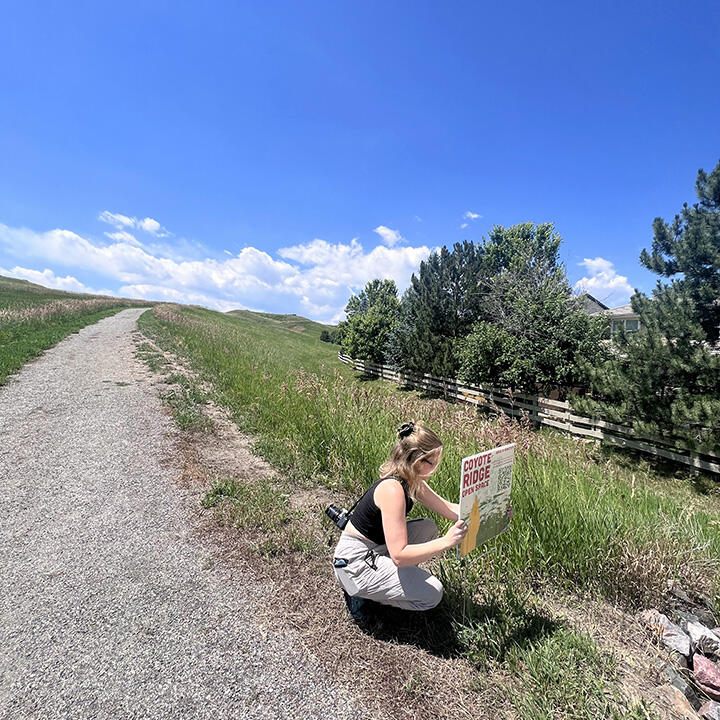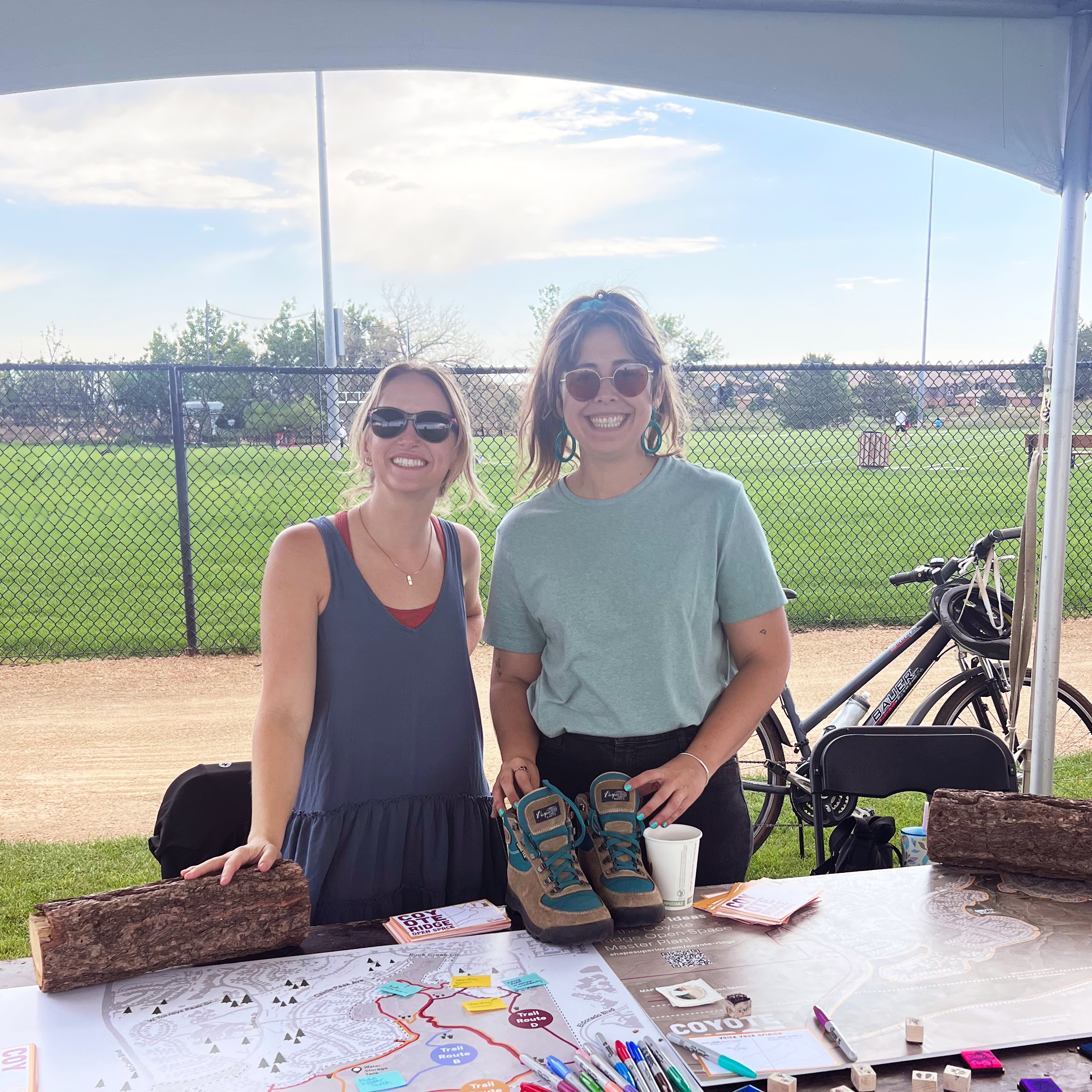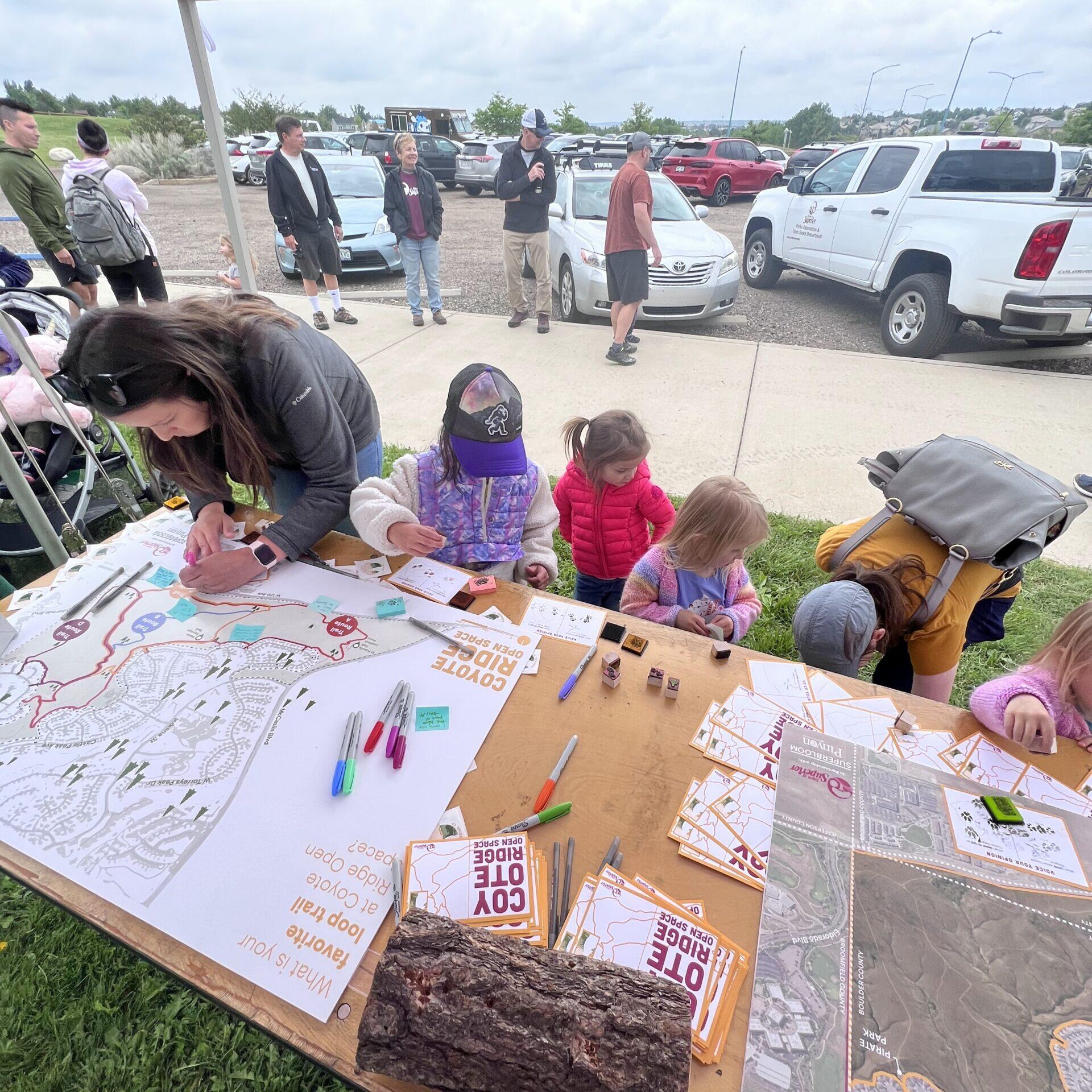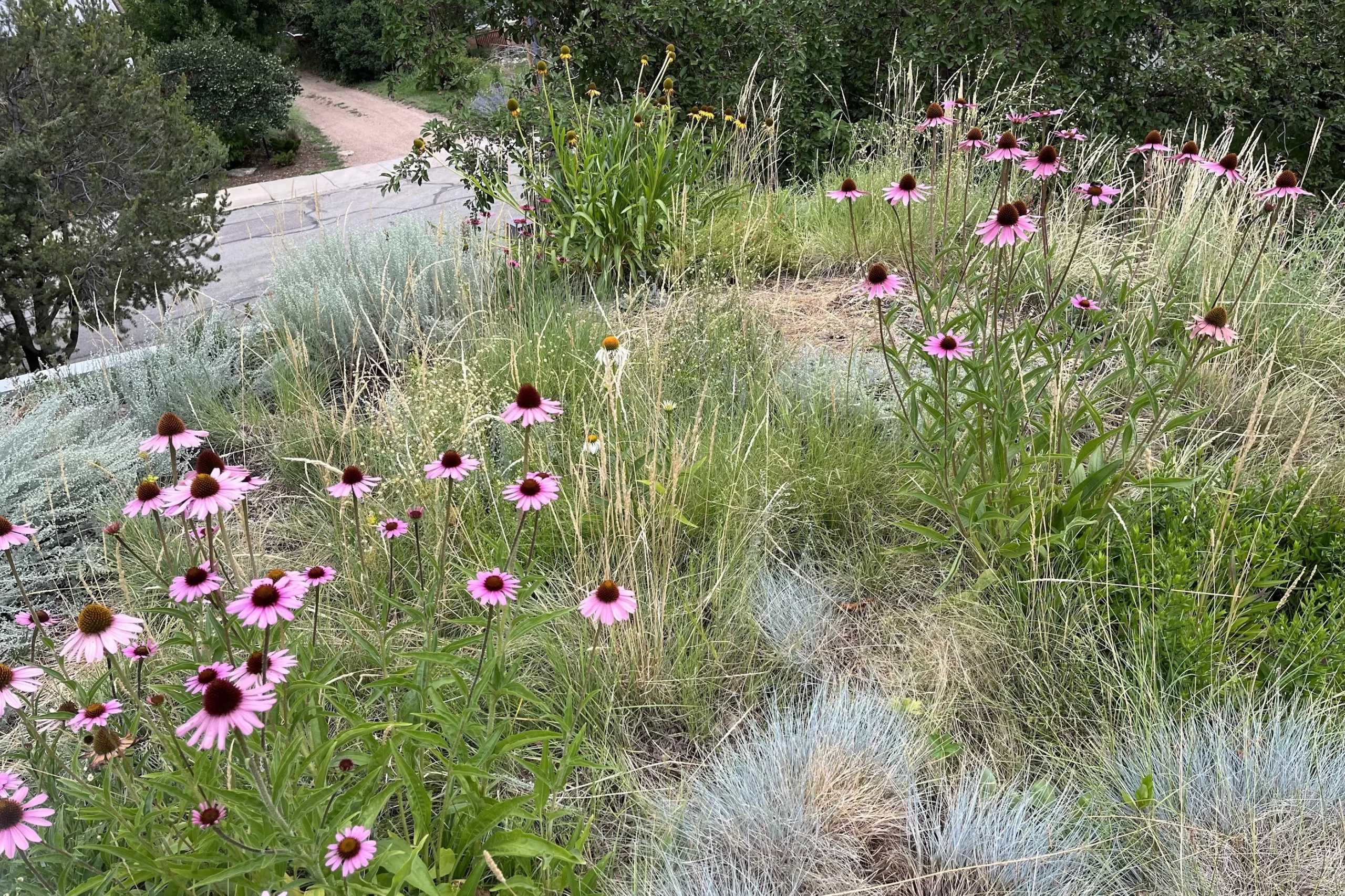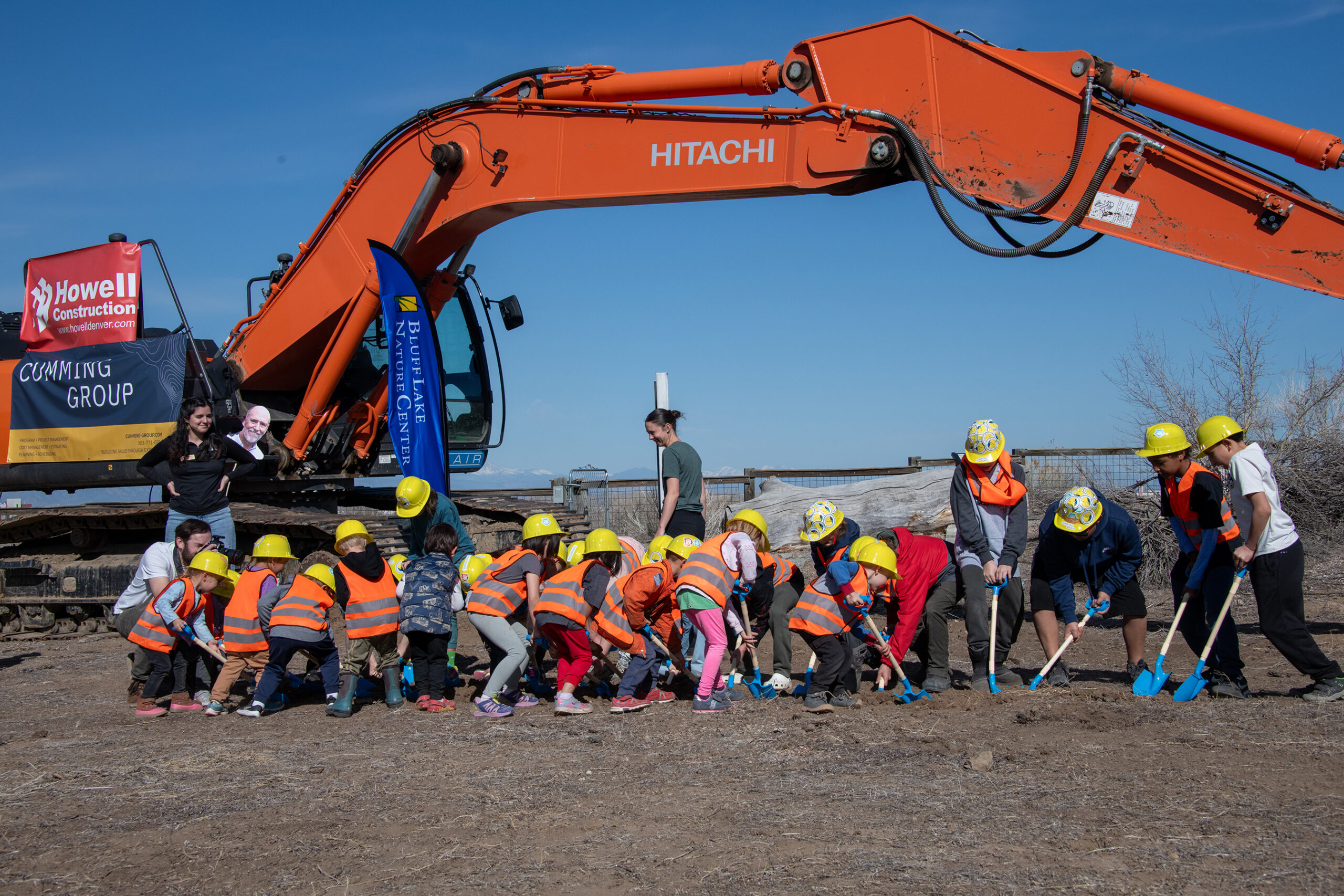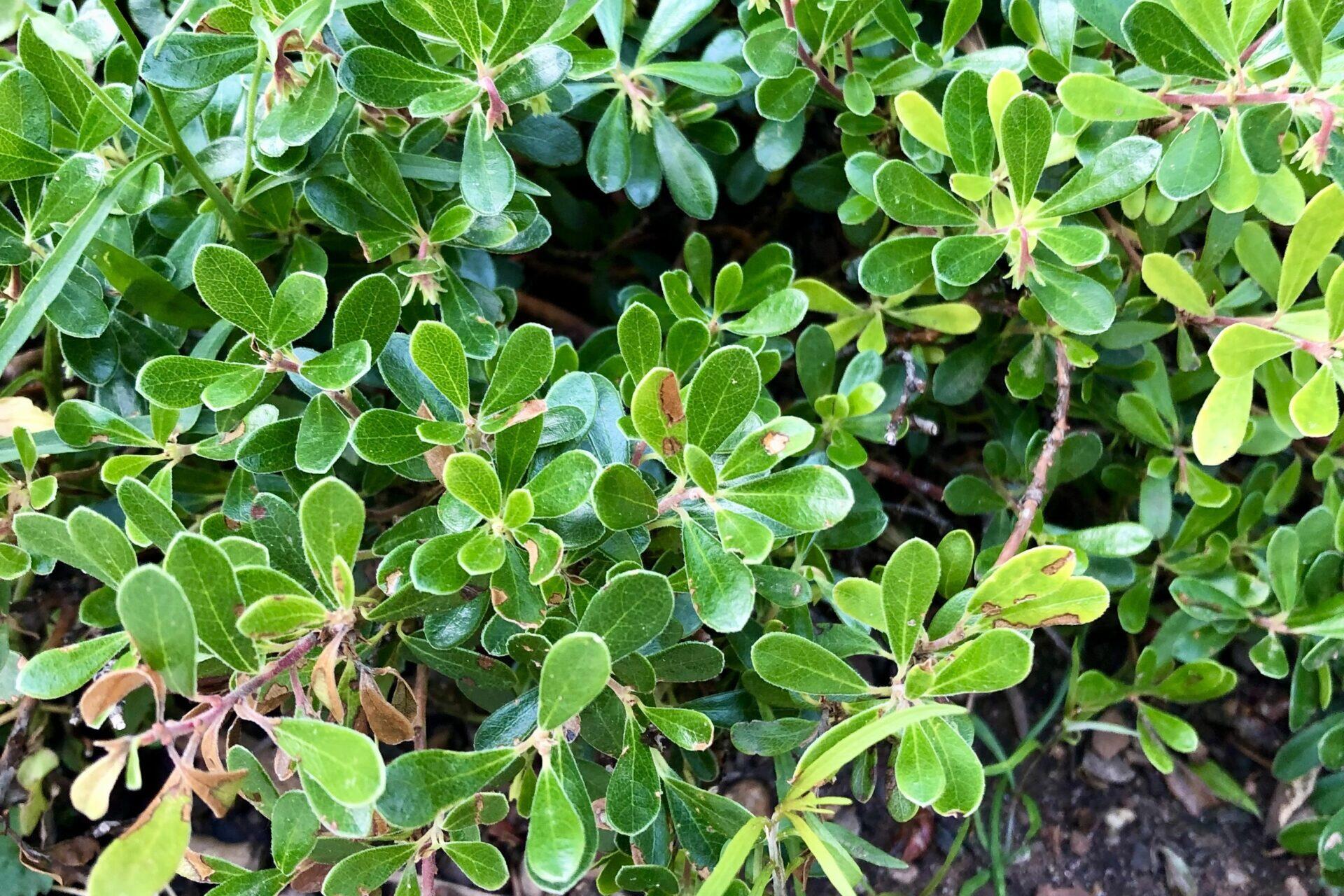Diane Lipovsky of the studio Superbloom joined the Land8x8 Lightning Talks to highlight the creative potential and precedent of Superbloom’s project, the 1881 Farm Park in Aurora, CO. She discussed the process of fostering a deep connection to the land through inclusive education about composting, sustainable farm practices, pollinator gardens and more. The project aims to usher a productive footprint through community-driven agriculture while creating an inclusive space for all to come learn, play, and grow in ways that honor the site’s historic past while exploring pathways towards the future of agriculture, housing and community. Watch here!
Working with a diverse and extensive project team (Shape Architecture Studio and Colorado nonprofits), the following design principles were kept in mind to envision a community park doubling as a working, urban public farm:
- Connect people to the land. The main farm park locus resides on a 1.5-acre farm and will tell new stories centered around innovative farming practices, such as hydroponics. Strategic bike networks were carefully considered to extend out to the greater community.
- Seek inspiration from the past. The Superbloom landscape architecture team worked closely with the larger design team to understand what site remnants could be salvaged and repurposed in a new way. Salvaged barn materials and silos will present themselves in a new way to not forget the site’s historic roots.
- Work with nature. Diane notes that we must prioritize biodiversity and harness the limited water we do have. Part of the design includes a series of permaculture bands, weaving into and out of the park, to create the start of an urban forage network.
- Regenerate the soil and water systems. Various plant typologies and seed mixes will be incorporated. Green and gigantic stormwater management systems will be conveyed through the park, revealing a visual narrative of the site’s hydrologic systems.
- Nurture biodiversity. The Center for Agriculture will be flanked by pollinator gardens. Birds and bees will be provided with pollinator lodges that will provide fun structures for kids to see and make use of cottonwood trees that are not salvageable.
- Educate and feed the community. The picnic area on-site will provide resources to learn about composting or other farming methods used on-site. Whether you’re in the mood for a community event or just grabbing a coffee, the year-round events will give you plenty of ideas for your kitchen table.
- Develop symbiotic partnerships for a sustainable park. For Diane, one of the most exciting parts of the project was engaging the varying organizations across the state. What is working with other Community Supported Agriculture (CSA) subscriptions? From arid west orchardists to business developers, the team worked to create a sustainable operational maintenance budget to ensure that the program and space evolve and are maintained for future communities.
This video was filmed on January 19, 2023 as part of the Land8x8 Lightning Talks sponsored by Anova Furnishings.


